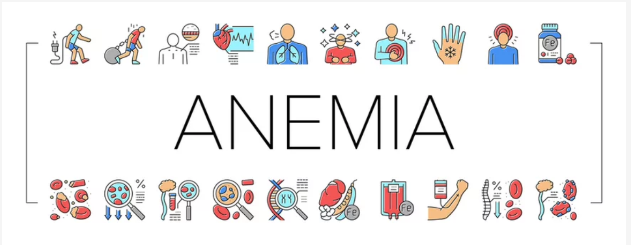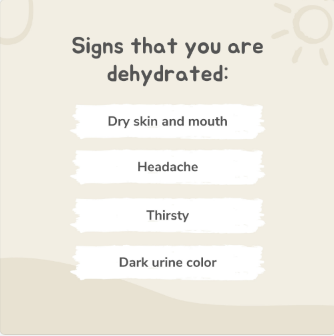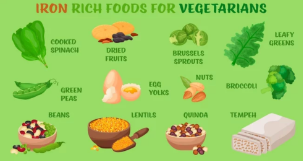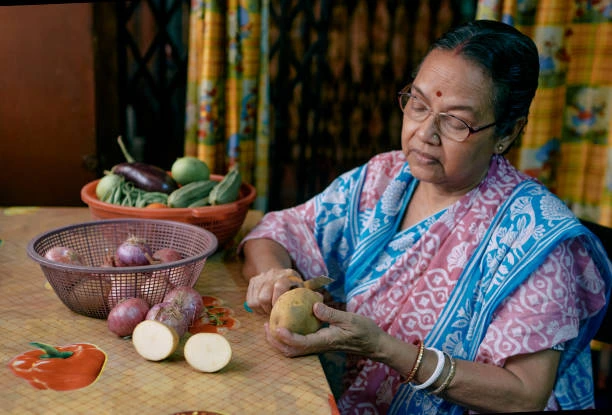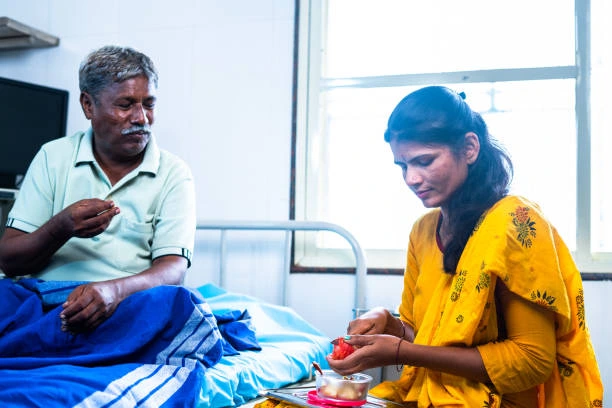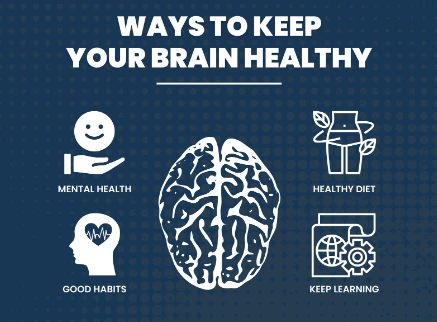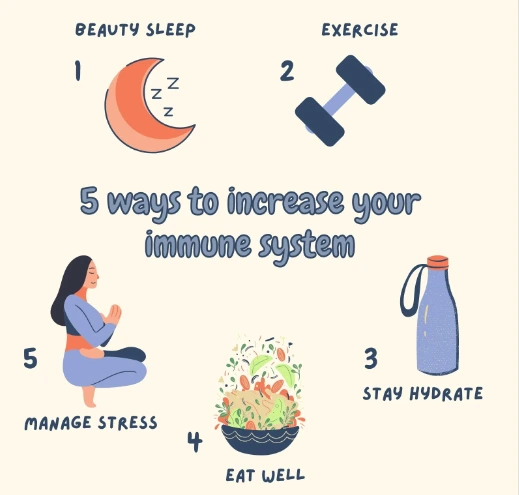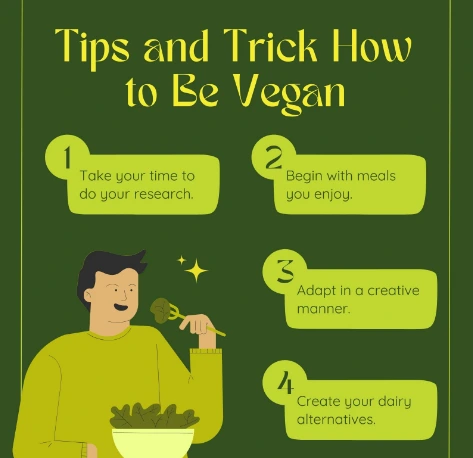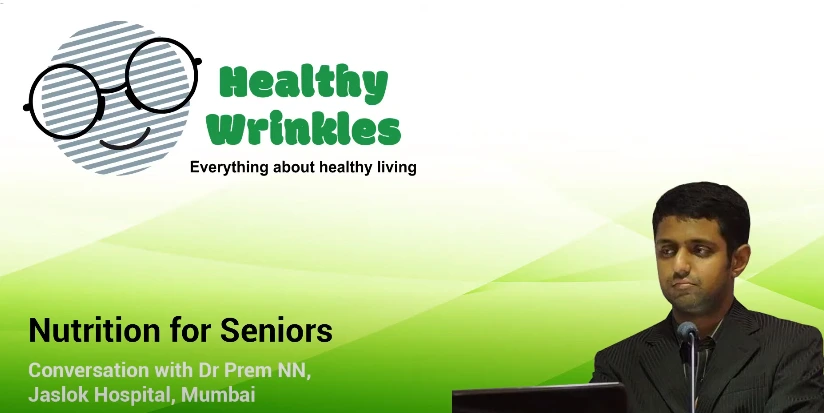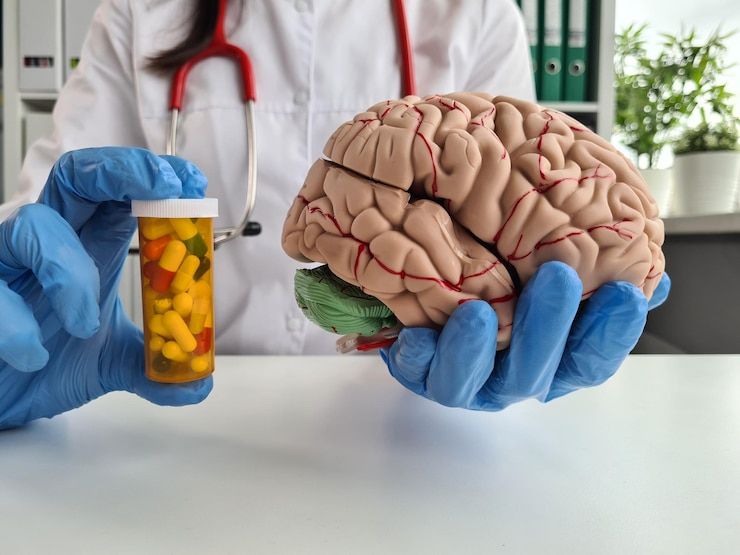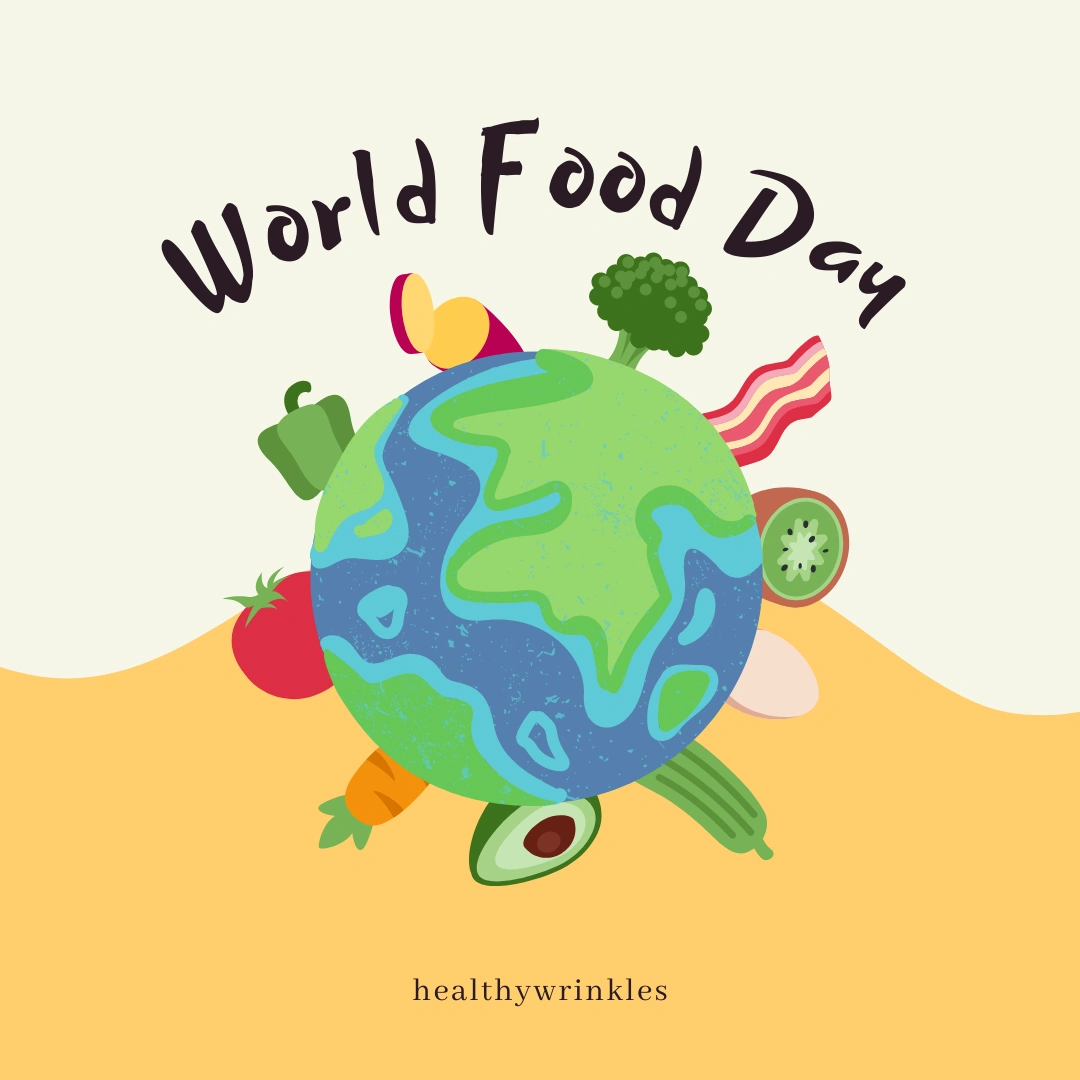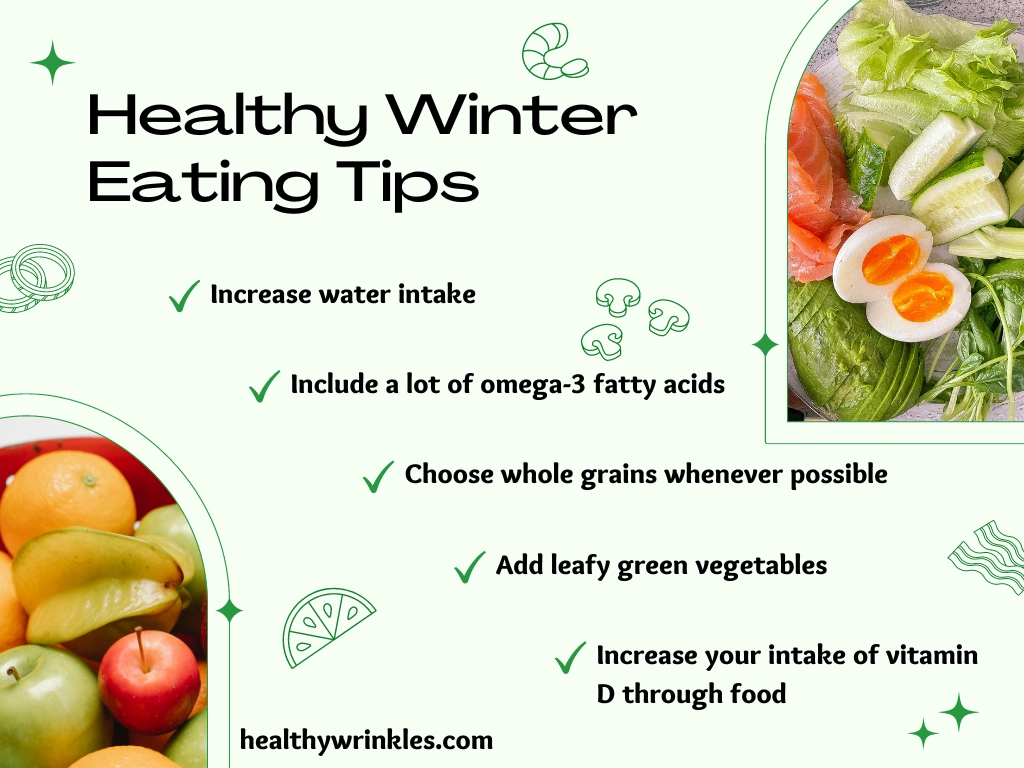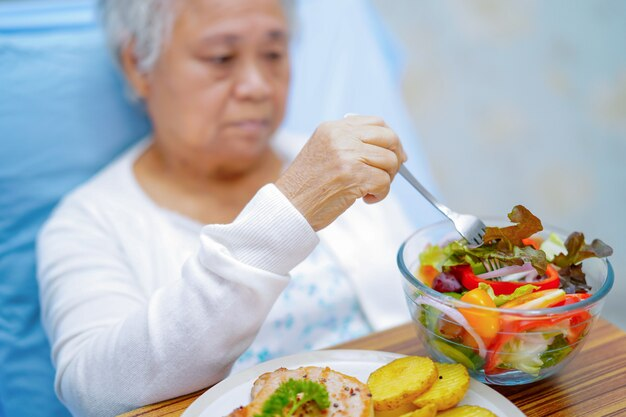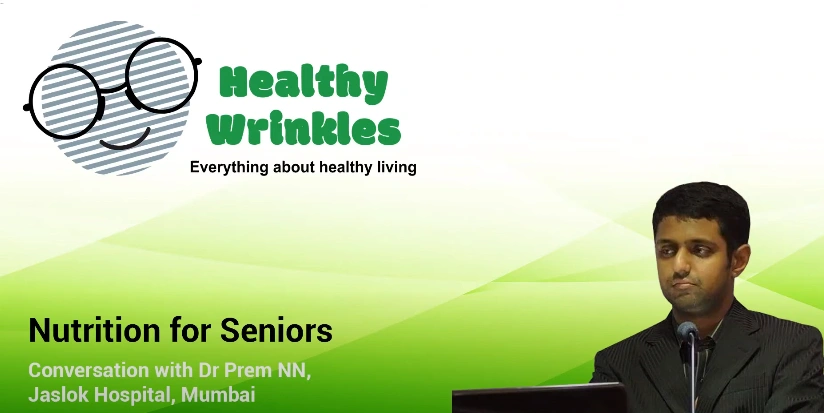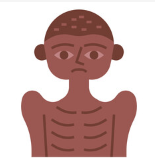Malnutrition is on the rise in older adults – how to spot the signs and ways to help
24-06-24
Malnutrition occurs when a person lacks the necessary nutrients to function. It frequently involves a protein, calorie, and other essential vitamin imbalance that your body requires on a daily basis. While malnutrition is harmful at any age, it has a particularly negative impact on older adults.
When an older adult is malnourished, they are at a higher risk of falling, have slower recovery times, may require hospitalizations, and re-hospitalizations, and may die.
Malnutrition in older adults can be caused by a number of factors, including loss of appetite, impaired chewing and swallowing abilities, and increased use of prescription medications. Depression, dementia, chronic diseases, and a lack of access to optimally nutritious food, whether due to food insecurity or a lack of ability to prepare it, are all risk factors.
Malnutrition symptoms in older adults
-
A lack of desire to eat and drink.
-
Loss of weight.
-
Bruising easily or suffering from wounds that take a long time to heal
-
Constant tiredness and a sense of weakness/frailty
-
Inability to maintain body temperature
-
Sore gums, a sore tongue, or bleeding/swollen gums
-
Dry skin
-
Infections that occur frequently
-
Constipation or diarrhea
-
Being prone to falling and frequently feeling dizzy
Some of these symptoms can be associated with other conditions, but it is essential to be aware of them. If you suspect a loved one is malnourished, you can help them improve their food access.
Malnutrition-Related Issues
Lack of nutrients can cause a variety of health problems in older people, including:
-
A higher risk of death
-
An increased likelihood of hospitalization
-
A weakened immune system increases the likelihood of infection
-
Reduced bone mass and muscle weakness can result in falls and fractures.
-
The wounds do not heal properly.
Ways to assist malnourished adults
-
Share meals with them, or make mealtimes a social event by inviting them or having them over for a dinner.
-
Encourage them to consume nutrient-dense foods such as nuts in yogurt or cereal, nut butter (peanut butter, almond butter) on fruit, extra egg whites in omelets, whole milk, and plant nutrients.
-
Promote physical activity. Do something together, such as go for a walk or exercise, to stimulate appetite and strengthen muscles.
-
If the issue is a restricted diet, which can occur with certain medications and in the treatment of certain conditions, use herbs and spices to make the diet more appealing.
-
Making small changes, such as snacking or eating smaller meals more frequently, can help.
Good nutrition is essential for staying healthy throughout your life. Early detection through routine screening yields the best results.
Disclaimer: Healthy Wrinkles does not recommend or offer any medical diagnosis, treatment, or advice. The information provided here is only for the awareness of disease or ailment among individuals, caregivers, and the public. The advice of doctors, licensed professionals, or therapists who are knowledgeable about your particular situation should always be sought before using the information provided here. It should also not be used in the event of a medical emergency or for the diagnosis or treatment of any medical condition. If you want urgent assistance, contact a qualified medical professional. Additionally, the information represents the author's views and not those of Healthy Wrinkles.
